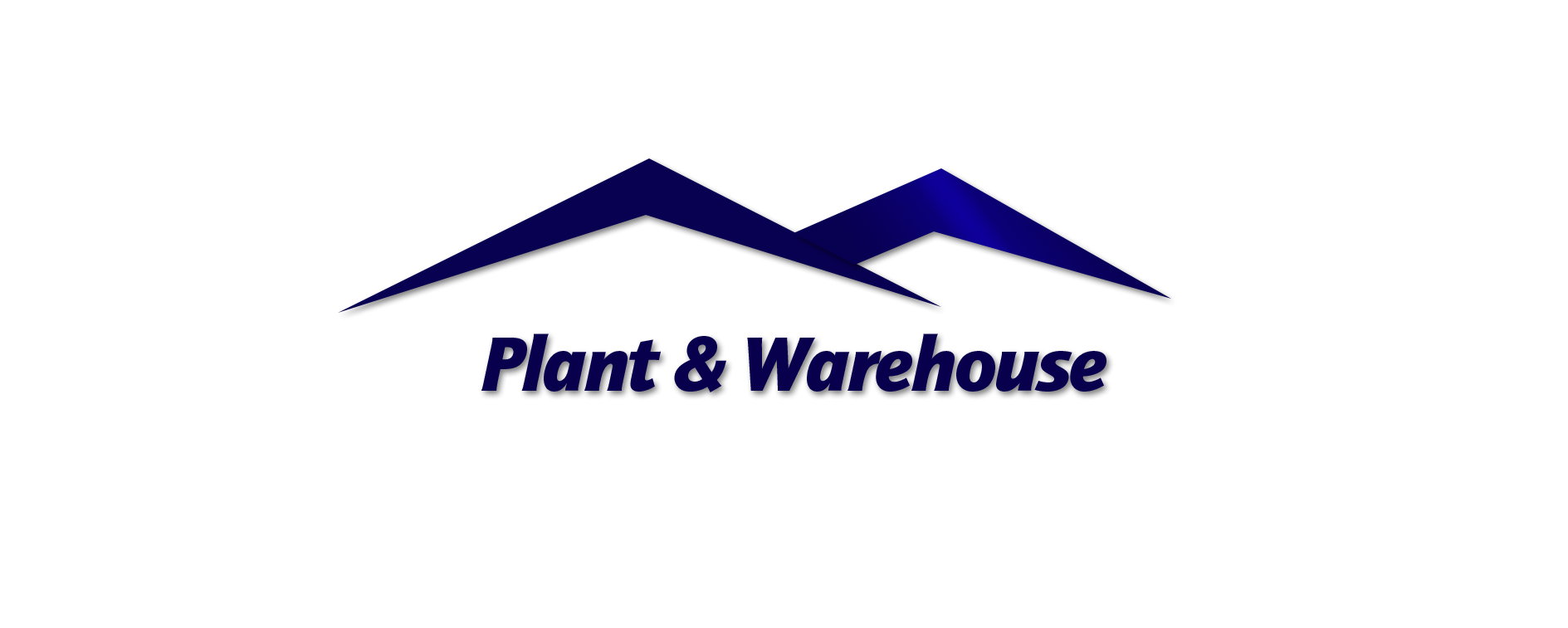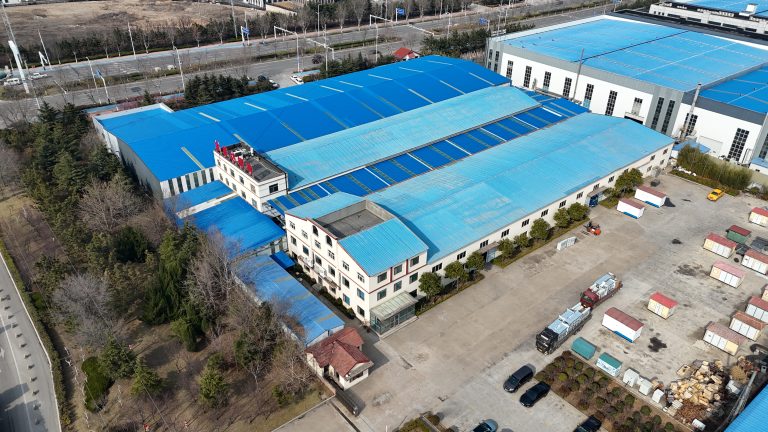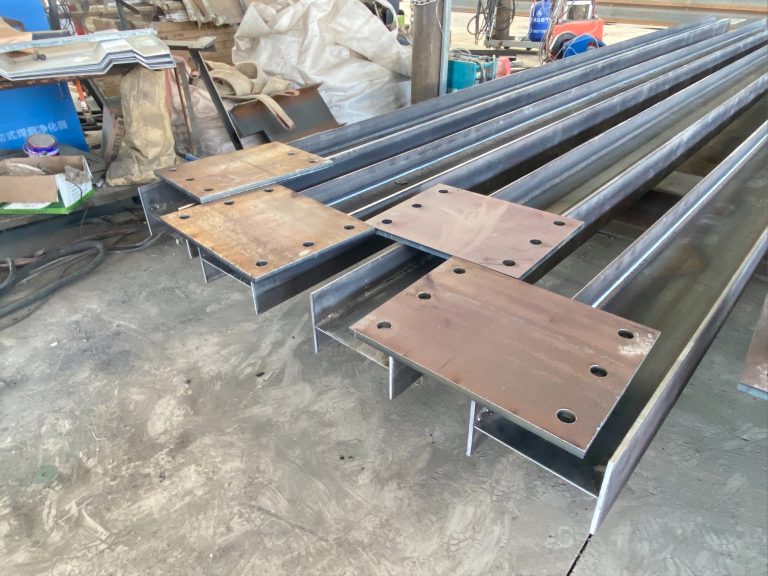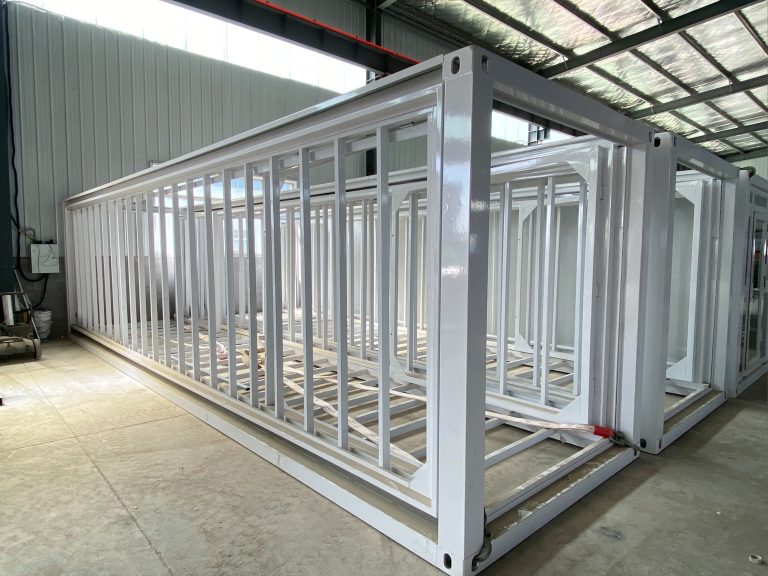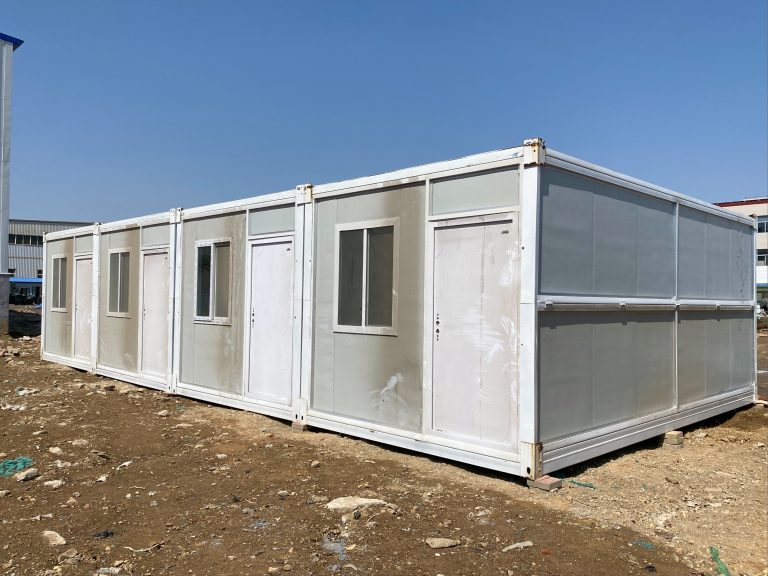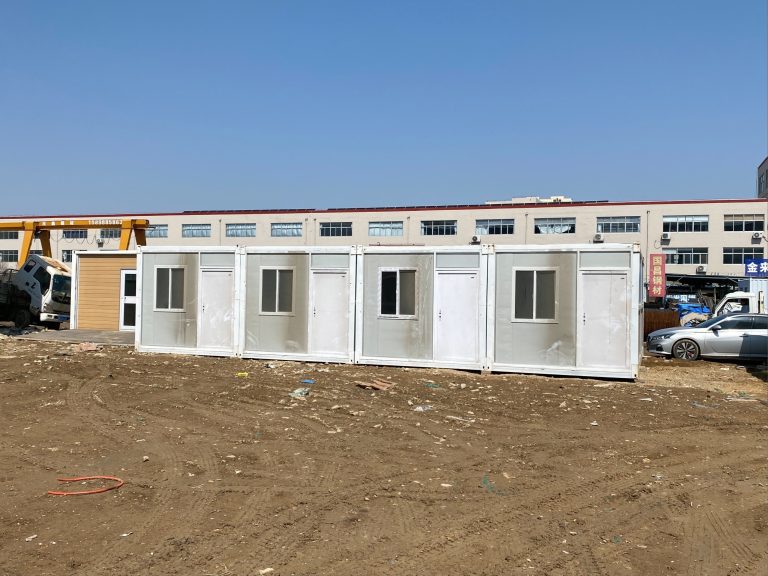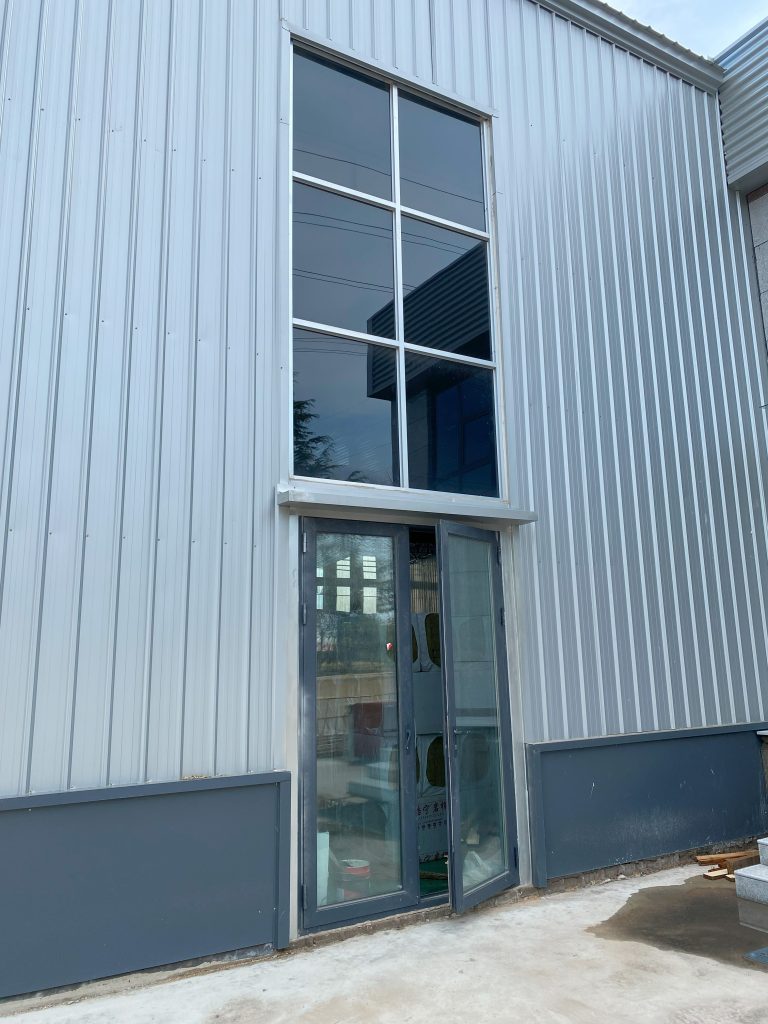Intelligent management system (such as remote monitoring, intelligent temperature control) application in the housing industry.
Table of Contents
Benefits of Implementing Intelligent Management Systems in Housing
Intelligent management systems, such as remote monitoring and intelligent temperature control, are revolutionizing the housing industry. These systems utilize advanced technology to enhance the efficiency, comfort, and security of residential properties. By implementing intelligent management systems, homeowners can experience a wide range of benefits that improve their quality of life and increase the value of their property.
One of the key advantages of intelligent management systems is remote monitoring. This feature allows homeowners to access and control various aspects of their home from anywhere in the world. Whether it’s adjusting the thermostat, checking security cameras, or turning off lights, remote monitoring provides convenience and peace of mind. With just a few taps on a smartphone or tablet, homeowners can ensure that their property is safe and comfortable at all times.
In addition to remote monitoring, intelligent temperature control is another valuable feature of these systems. By using sensors and algorithms, intelligent temperature control systems can optimize heating and cooling settings based on the occupants’ preferences and the external environment. This not only improves comfort but also reduces energy consumption and lowers utility bills. With intelligent temperature control, homeowners can enjoy a more comfortable living space while also being environmentally conscious.
Furthermore, intelligent management systems can enhance the security of residential properties. By integrating smart locks, surveillance cameras, and motion sensors, homeowners can monitor and control access to their home in real-time. In the event of a security breach, intelligent management systems can send alerts to homeowners and authorities, allowing for a quick response. This added layer of security provides homeowners with peace of mind and deters potential intruders from targeting their property.
Another benefit of implementing intelligent management systems in housing is the ability to automate routine tasks. From scheduling maintenance appointments to setting up cleaning routines, these systems can streamline household chores and free up time for homeowners to focus on other priorities. By automating tasks, homeowners can enjoy a more efficient and organized living environment.
Moreover, intelligent management systems can increase the value of residential properties. With the growing demand for smart homes, properties equipped with advanced technology are more attractive to potential buyers. By investing in intelligent management systems, homeowners can differentiate their property from others on the market and command a higher selling price. Additionally, these systems can improve the overall appeal and functionality of a home, making it more desirable to prospective buyers.
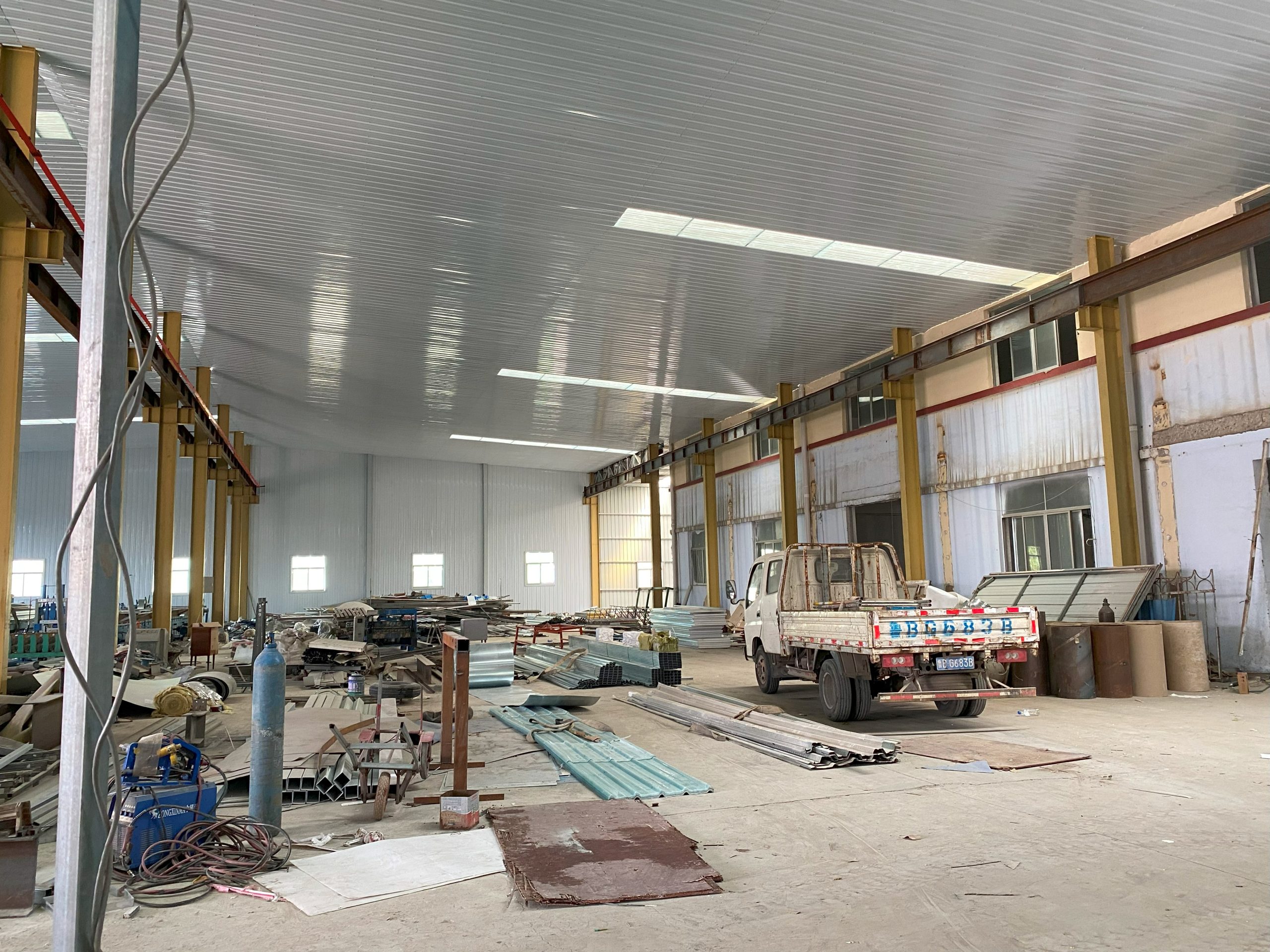
In conclusion, intelligent management systems offer numerous benefits to homeowners in the housing industry. From remote monitoring to intelligent temperature control, these systems enhance efficiency, comfort, and security in residential properties. By implementing intelligent management systems, homeowners can enjoy a more convenient and secure living environment while also increasing the value of their property. As technology continues to advance, intelligent management systems will play an increasingly important role in shaping the future of the housing industry.
Case Studies of Successful Integration of Intelligent Management Systems in Housing Industry
Intelligent management systems have revolutionized the way we interact with our homes, providing us with greater control and efficiency in managing various aspects of our living spaces. One of the key areas where these systems have made a significant impact is in the housing industry, where remote monitoring and intelligent temperature control systems have become increasingly popular.
One successful integration of intelligent management systems in the housing industry can be seen in the case of a luxury apartment complex in a bustling urban area. The management of the complex decided to implement a remote monitoring system that allowed them to keep track of various aspects of the building, such as energy usage, security systems, and maintenance needs, all from a centralized platform. This not only helped them streamline their operations but also allowed them to respond quickly to any issues that arose, ensuring the comfort and safety of their residents.
In addition to remote monitoring, intelligent temperature control systems have also been widely adopted in the housing industry. One example of this can be seen in a newly constructed eco-friendly housing development. The developers installed smart thermostats in each unit, allowing residents to easily control the temperature in their homes through a mobile app. This not only provided residents with greater convenience but also helped reduce energy consumption and lower utility costs for both the residents and the developers.
The integration of intelligent management systems in the housing industry has not only improved the overall living experience for residents but has also had a positive impact on the environment. By optimizing energy usage and reducing waste, these systems are helping to create more sustainable living spaces that are not only comfortable but also eco-friendly.
Another successful case study of the integration of intelligent management systems in the housing industry can be seen in a senior living community. The management of the community implemented a remote monitoring system that allowed them to keep track of the health and well-being of their residents, as well as monitor the maintenance needs of the facility. This not only provided peace of mind for the residents and their families but also helped the management team provide better care and support for the residents.
In conclusion, the application of intelligent management systems, such as remote monitoring and intelligent temperature control, in the housing industry has proven to be highly successful. These systems have not only improved the efficiency and convenience of managing residential properties but have also had a positive impact on the environment and the well-being of residents. As technology continues to advance, we can expect to see even more innovative solutions being implemented in the housing industry, further enhancing the living experience for residents and creating more sustainable and eco-friendly living spaces.
